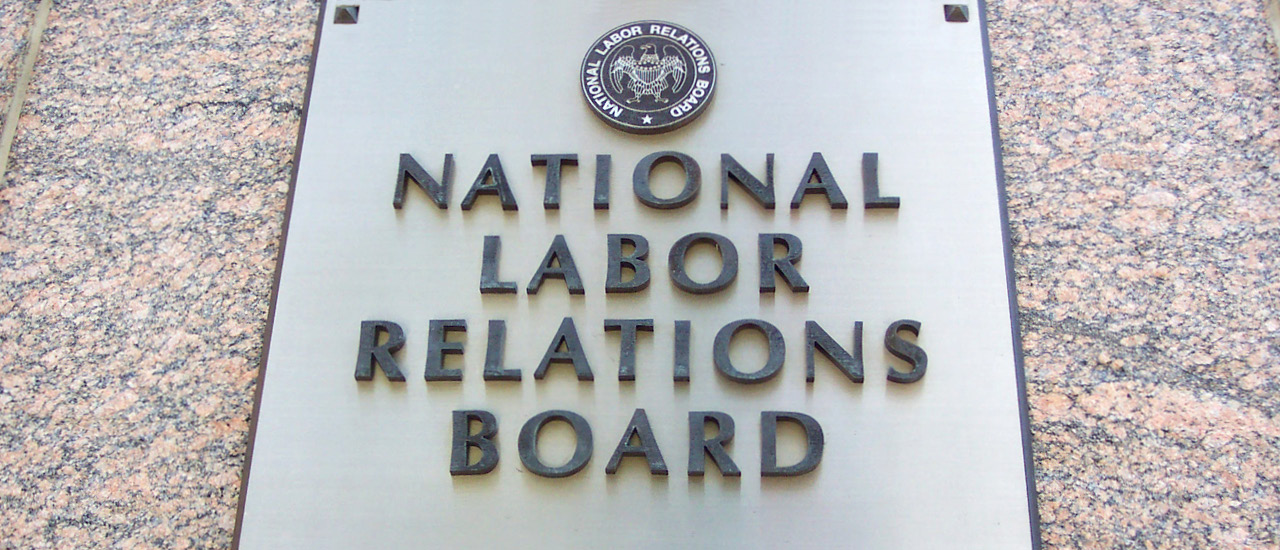NLRB Seeks Public Comment on Controversial Union Election Rule

The National Labor Relations Board is seeking input on changing a controversial 2014 rule that shortened the time in which employers are required to hold union elections.
The NLRB will accept public comment through Feb. 12 on what’s called the ambush election rule.
It changed longstanding labor policy by shortening the period in which employers are required to hold union elections from when a union petition is filed with the NLRB to when the vote takes place.
Under the old rule, the median time from petition to election was 38 days. But by 2017, the average time from petition to election fell to 23 days.
Critics complained that it gave employers less time to consider the issues that caused employees to file the petition, and gave employees less time to make an informed decision on whether to join a union.
Retain or Rescind?
The NLRB is seeking public input on these aspects of the 2014 Election Rule:
- Should it be retained without change?
- Should it be retained with modifications? If so, what should be modified?
- Should it be rescinded?
- If so, should the board revert to the Representation Election Regulations that were in effect before 2014 Election Rule, or should the board change the prior Representation Election Regulations?
- If so, what should be changed?
When the rule was initially adopted, it was opposed by a coalition of industries and employers.
Some saw it as another attempt by the NLRB to tilt the process toward unionization.
‘Unnecessary Rule’
But with the NLRB having a Republican majority for the first time in 10 years, the current shift is not unexpected.
It’s viewed as a potentially good development for employers.
“It gives employers another opportunity to weigh in,” said CBIA counsel Eric Gjede.
“This rule was unnecessary and has put businesses at a disadvantage.”
Another aspect of the rule that has employers uncomfortable is a requirement that they disclose phone numbers of voting employees to the unions, even phone numbers that individual supervisors have versus phone numbers the company formally tracks.
Employers were concerned how the unions would use that personal information and how they would protect it.
For more information, contact CBIA’s Eric Gjede (860.480.1784) | @egjede
RELATED
EXPLORE BY CATEGORY
Stay Connected with CBIA News Digests
The latest news and information delivered directly to your inbox.


